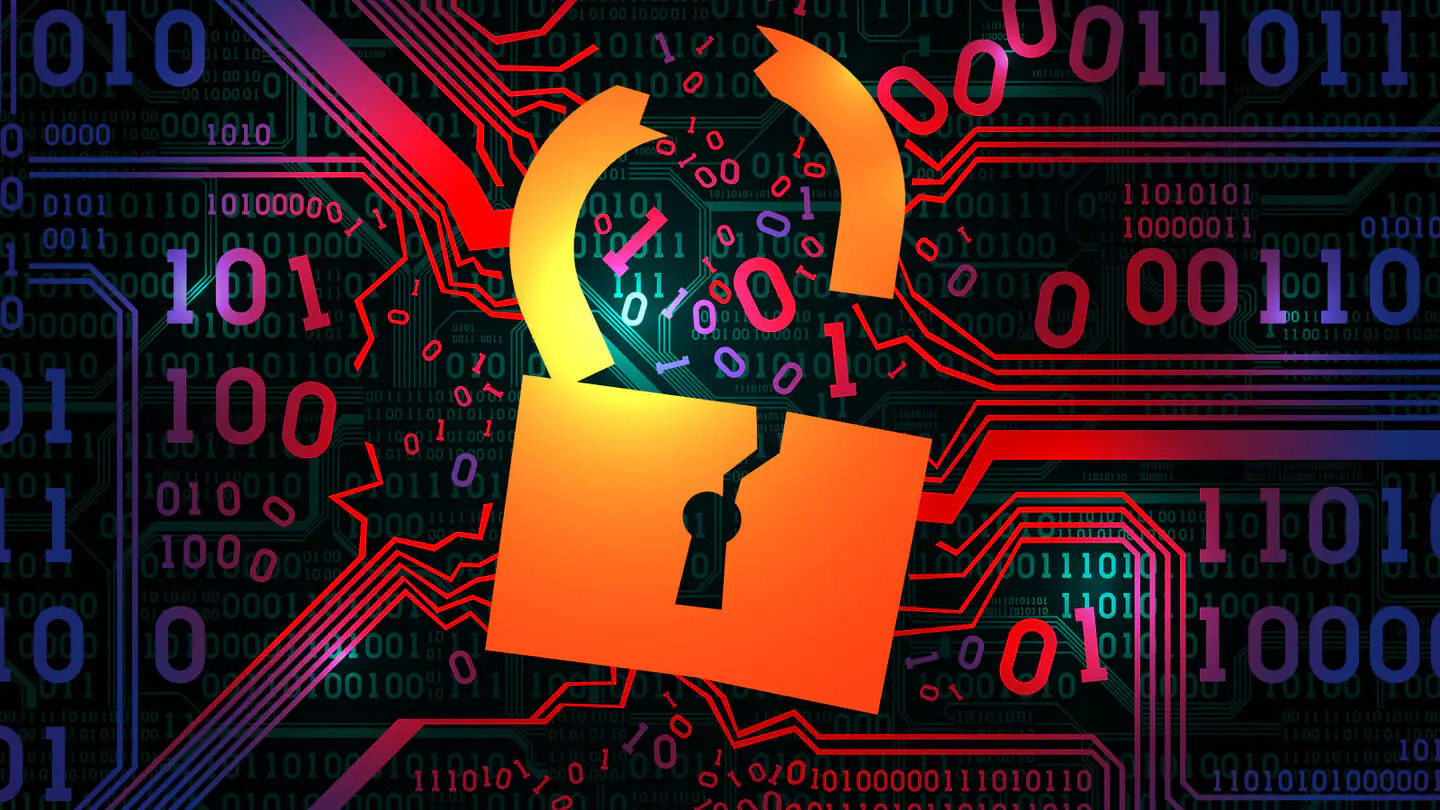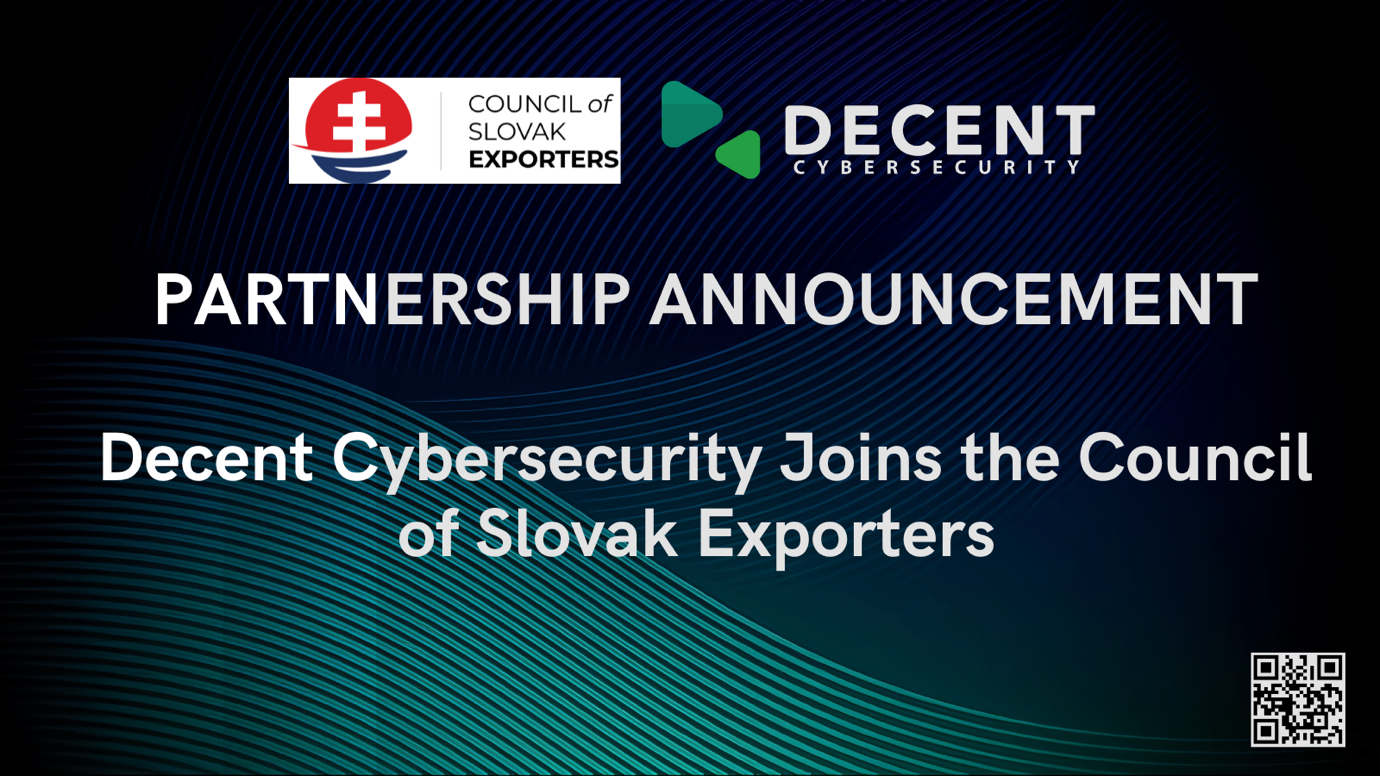The global race for cryptographic supremacy has just narrowed. In late March 2025, researchers from Shanghai University, led by Professor Wang Chao, published a quantum computing breakthrough that’s sending shockwaves through the cybersecurity world. They successfully factored a 90-bit RSA integer using a D-Wave Advantage quantum computer. This surpasses previous records and introduces new urgency into the conversation around quantum resilience.
Quantum cryptology disruption
This development shifts the spotlight from AI to the quieter, but equally critical, battleground of quantum cryptology. Factoring large RSA integers is the foundation of much of today’s secure communication. Until now, it was widely assumed that breaking anything beyond 80-bit RSA would remain out of reach for years. Yet this assumption has been shattered. Wang’s team not only beat expectations but did so by blending classical algorithms with quantum annealing — a technique that uses quantum mechanics to solve complex optimization problems.
The implications are serious. While current encryption standards like 2048-bit RSA remain far beyond the reach of this particular technique, the progress demonstrates that quantum scaling is no longer hypothetical. It’s happening, and it’s faster than many predicted.
Post-quantum migration can’t wait
The announcement reinforces the necessity of accelerating what experts call “quantum migration.” This is the global transition toward post-quantum cryptographic systems — algorithms that can withstand even the most advanced quantum decryption attempts. As Wang’s results make clear, waiting until quantum computers fully mature would be a strategic miscalculation.
Industries like finance, government, and telecommunications face the most immediate risk. They rely on encrypted data that must remain secure for years, if not decades. Once quantum computers become powerful enough, even archived data encrypted today could be exposed. As such, proactive adoption of post-quantum cryptographic standards isn’t just recommended — it’s essential.
Innovation at the intersection
At Decent Cybersecurity, this breakthrough validates the urgency of our mission. We’ve long maintained that post-quantum readiness is not a theoretical exercise — it’s an operational priority. Our work with quantum-safe protocols and critical infrastructure security puts us in a position to help public and private sector clients adapt before it’s too late.
China’s progress is impressive, but it should serve as a wake-up call, not a reason for panic. The cryptographic arms race has always been defined by adaptation and response. Now more than ever, those responses must be swift, strategic, and science-driven. We’ll continue to monitor these developments and contribute to post-quantum cybersecurity preparedness across sectors. Because as this research proves, the quantum threat is no longer a matter of if — it’s a matter of when.
For expert consultation on post-quantum encryption, contact us at [email protected].







